Here’s a detailed comparison between silicone and plastic across various factors, including food safety, durability, recyclability, ease of care, oven safety, flexibility, heat resistance, toxicity, health, cost, manufacturing, and application.

Food Safety
Silicone is non-toxic and does not leach chemicals or odors, making it a safe choice for use in cooking and food storage.
Some types of plastic may contain harmful chemicals such as Bisphenol A (BPA), which can leach into food and cause health problems. However, there are many BPA-free plastic options available that are considered safe for food use.

Durability
Silicone is highly durable and can withstand exposure to extreme temperatures, UV light, and moisture without breaking down or losing its shape.
Plastic can be prone to cracking, warping, and degrading over time, especially when exposed to high temperatures or harsh chemicals.
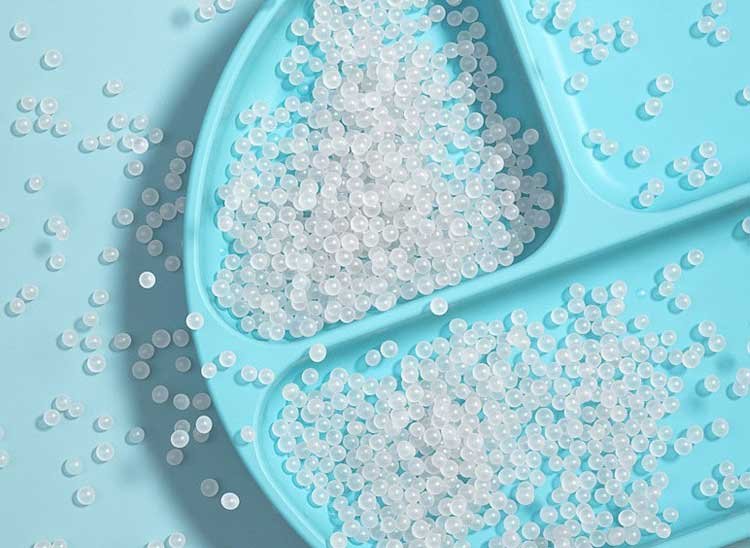
Recyclable
Silicone is not typically recyclable, but it can be reused and repurposed.
Plastic, on the other hand, is widely recyclable, but not all types of plastic can be recycled, and the recycling process can be complex and energy-intensive.
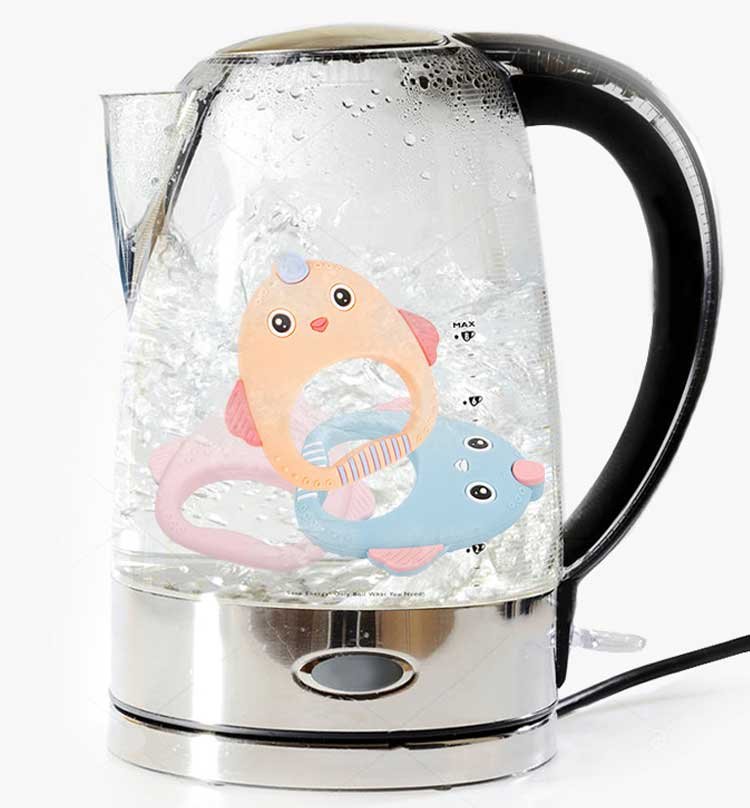
Ease of Care
Silicone is easy to clean and maintain, and it can be washed in the dishwasher or by hand.
Plastic is also relatively easy to clean but can be prone to staining or developing odors over time.
Heat Resistance
Silicone is highly heat resistant and can withstand exposure to extreme temperatures without melting or degrading.
Plastic, on the other hand, can melt or deform under high heat, depending on the type of plastic.
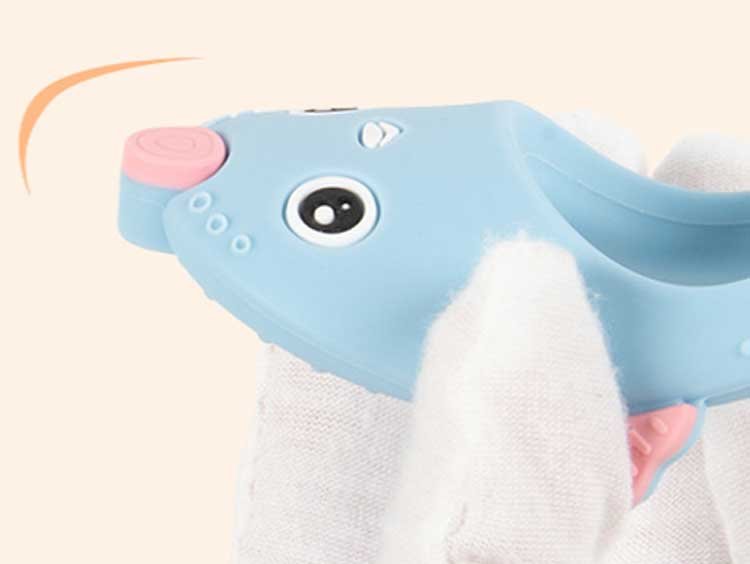
Oven Safe
Silicone is oven safe and can withstand temperatures up to 450°F (230°C) without melting or deforming. Most plastic products are not oven safe and can melt or release harmful chemicals when exposed to high temperatures.
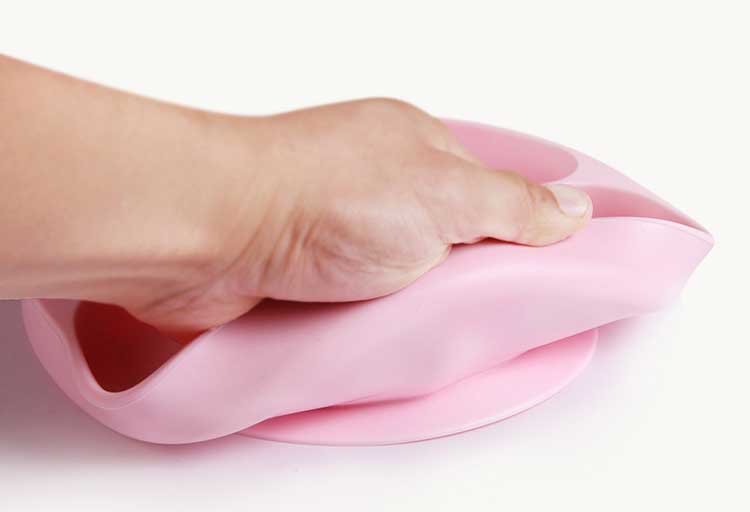
Flexibility
Silicone is highly flexible and can be molded into complex shapes and sizes.
Plastic can also be flexible, but not to the same extent as silicone.
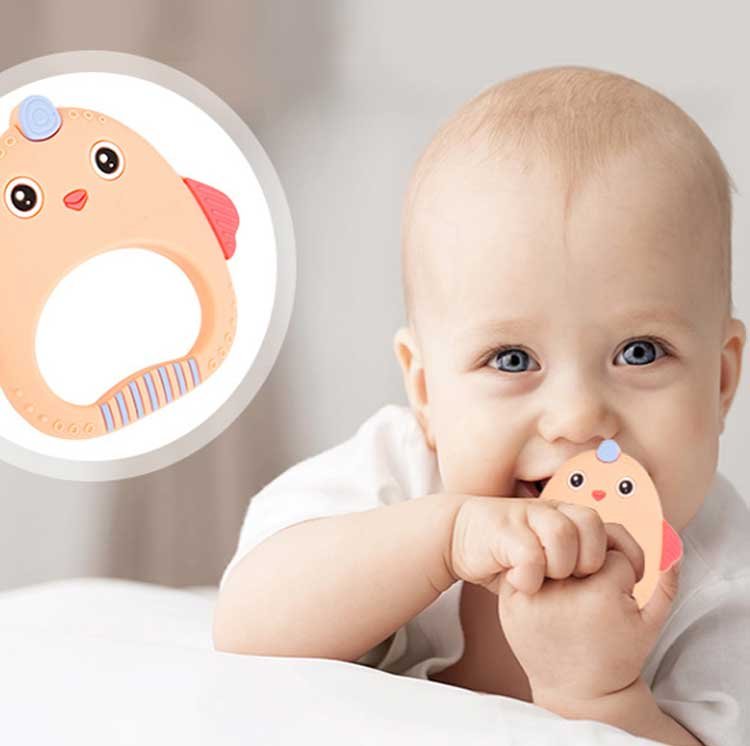
Toxicity and Health
Silicone is considered safe and non-toxic for use in a variety of applications, including medical and food-related products.
Plastic, on the other hand, can contain harmful chemicals such as BPA, phthalates, and PVC, which can have negative health effects when ingested or absorbed through the skin.
Cost
Silicone is generally more expensive than plastic due to its high-quality raw materials and more complex manufacturing process.
Plastic is widely available and can be produced at a lower cost, making it a more affordable option for some applications.
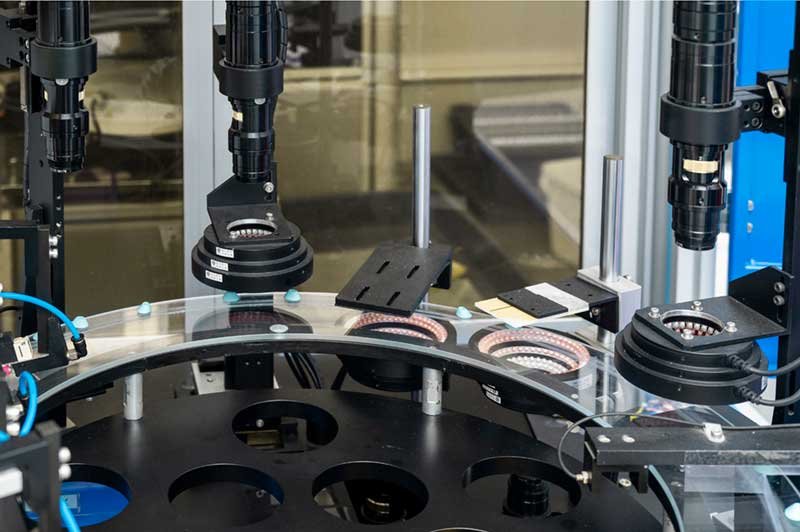
Manufacturing
Silicone manufacturing involves extracting silicon from sand and processing it to create silicone compounds, which are then molded into the desired shape.
Plastic manufacturing involves using petroleum-based chemicals and other additives to create plastic pellets, which are then melted and molded into the desired shape.
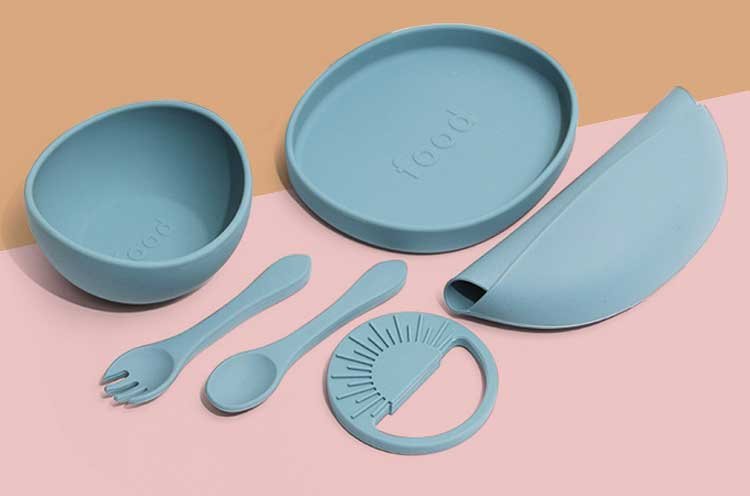
Application
Silicone is commonly used in a variety of applications, including consumer goods, healthcare, and automotive.
Plastic is also widely used in these industries, as well as in packaging, construction, and electronics.
Conclusion
Both silicone and plastic have their unique advantages and disadvantages. Silicone is more durable, flexible, heat resistant, and food safe, but it is more expensive and not recyclable.
Plastic is less expensive, widely recyclable, and available in a variety of shapes and sizes, but it can be prone to warping, degrading, and releasing harmful chemicals.
The choice between silicone and plastic will depend on the specific needs of the application and the properties required to ensure optimal performance.
Ruiyang Silicone Provides high-quality silicone products as a manufacturer for 10 years. Contact Now
Resources:
Silicone VS TPU —— from rysilicone.com